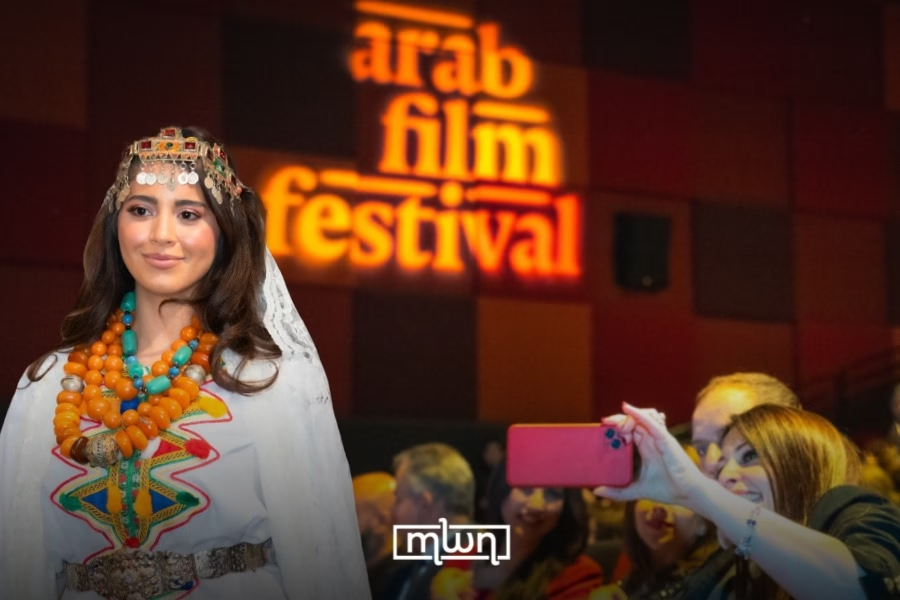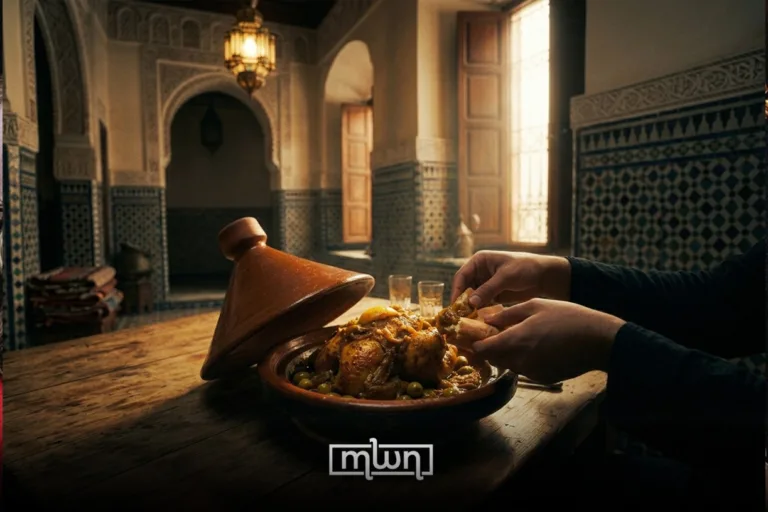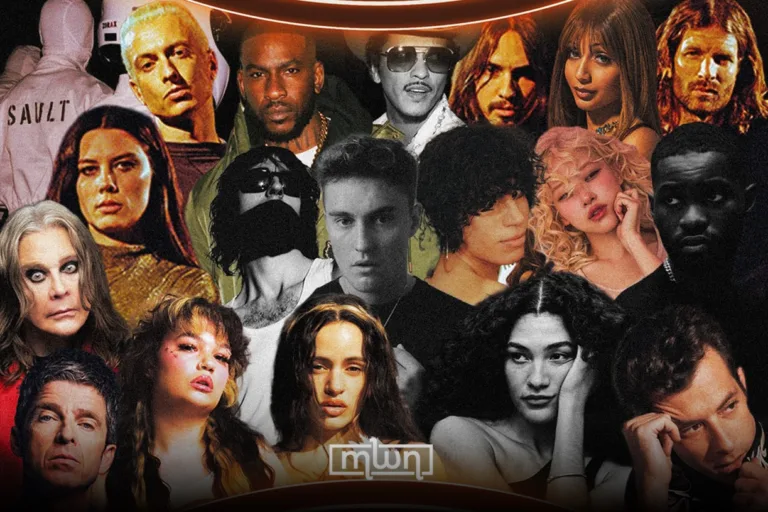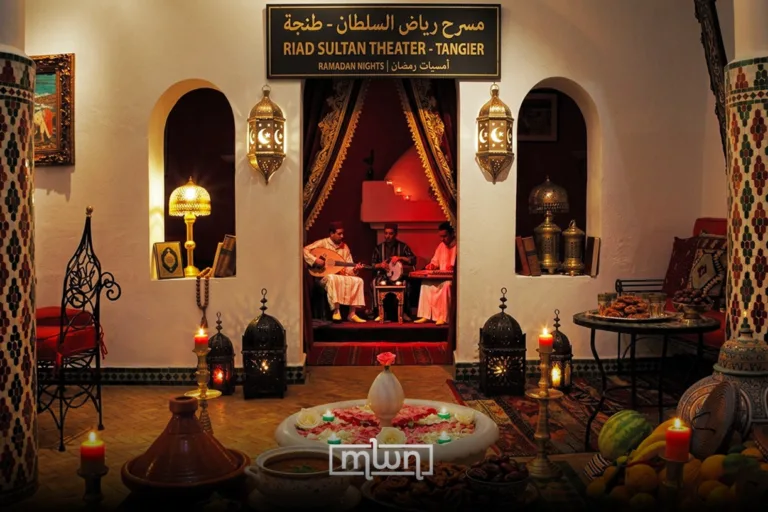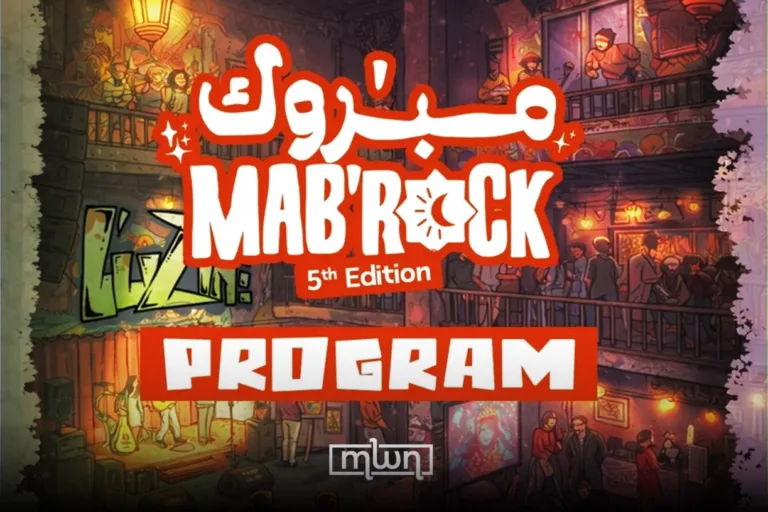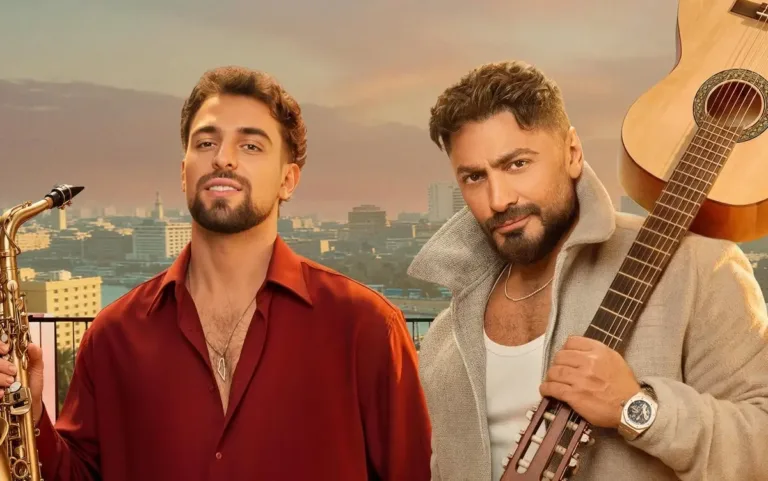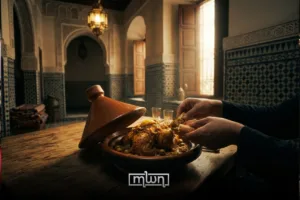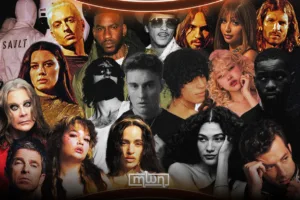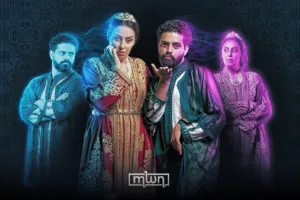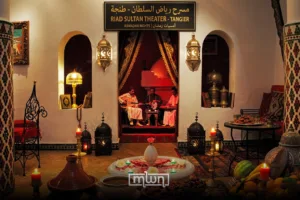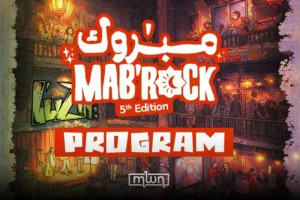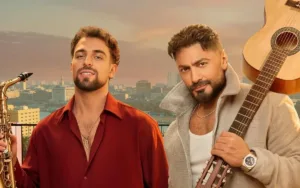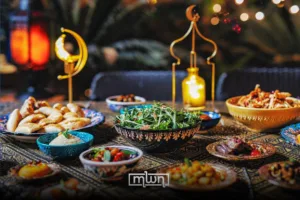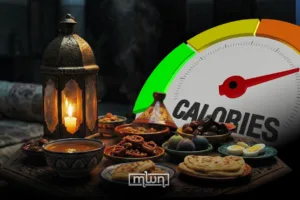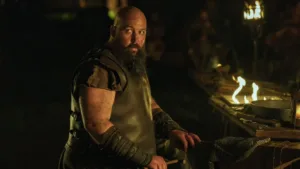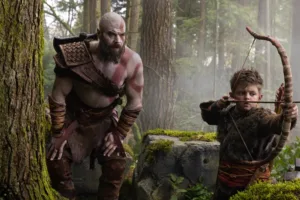From red carpets to cultural showcases, Morocco brought its A-game to the 25th Arab Film Festival in Rotterdam.
Fez– Morocco took the spotlight in Rotterdam from May 28 to June 1, as the 25th edition of the Arab Film Festival welcomed the country as its official Guest of Honor. .
Held in partnership with the Moroccan Embassy in The Hague, the event was a celebration of cinema and Arab culture with Morocco’s rich film legacy front and centre.
The festival rolled out a vibrant tribute to Moroccan cinema, featuring a special program of seven films by acclaimed directors including Kamal Kamal, Zakia Tahiri, and Khalil Benkirane.
But it wasn’t just about screening films, it was about conversation, craft, and connection.
Through masterclasses and open dialogues, these filmmakers brought their creative journeys to life, engaging directly with Dutch and Arab audiences as well as film industry professionals.
At the opening ceremony, Morocco’s ambassador to the Netherlands, Mohamed Basri, highlighted the kingdom’s deep commitment to growing its film industry.
He underlined the key role cinema plays in shaping cultural identity and fostering creativity, both at home and abroad.
Ambassador Basri also outlined the many support mechanisms Morocco has in place to boost film production, public funding, tax incentives, and infrastructure designed to attract local and international shoots.
He spotlighted several major festivals that define Morocco’s cinematic calendar, from the globally acclaimed Marrakech International Film Festival, to the Khouribga African Film Festival, the Women’s Film Festival in Sale, and the Tetouan Mediterranean Cinema Festival.
Each of these events adds a unique layer to Morocco’s dynamic film scene, whether it’s championing African storytelling, uplifting women’s voices, or celebrating Mediterranean diversity.
Beyond the screen, Morocco’s impact on the festival extended into the cultural fabric of Rotterdam.
A parallel event titled Arabesque, held at the city’s Phoenix Museum from May 30 to June 1, gave visitors a full sensory dive into Moroccan heritage.
The program blended food, music, traditional crafts, and art workshops into one immersive cultural experience.
One of the standout moments? A dazzling Moroccan caftan show by designer Siham El Habti, who brought elegance and craftsmanship to the runway, proving, once again, that Moroccan style is as cinematic as its stories.
Thanks to its scenic diversity, historic cities, and highly skilled crews, Morocco is now firmly on the map as a go-to destination for global film productions.
But more importantly, it’s claiming its place as a cultural force, where art, identity, and storytelling continue to thrive and travel far beyond its borders.
Read also: Saida Fikri Releases ‘The Buried Secret’ and Promises a Steady Comeback

